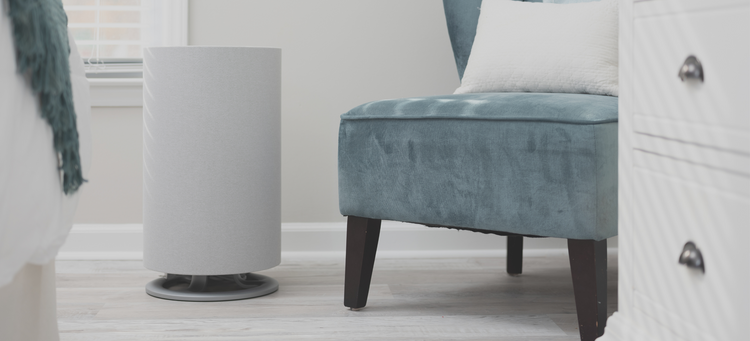Do You Suffer From Fall Allergies?
When fall is in full-swing there's cooler weather and lovely leaves, but there's also itchy eyes, runny noses, and endless sneezes. Ragweed seasonal allergies that arrive in the fall are some of the worst months for allergy sufferers. To help you feel better we offer insights to help you not suffer from fall allergies.
For the almost 20% of Americans who are allergic to weeds, fall allergies can make them miserable, leading to missed days of work and school. For ragweed allergies, the allergen most prominent during fall, the longer you are exposed, the worse they get.
But, say you do everything you can to avoid fall allergies from getting you down—you take your medicine every day, you avoid the outdoors, and you filter the air in your home. And you still have watery eyes and your throat itches.
Just avoiding pollen may not be enough, because pollen may only be half the problem.
Nearly half of all allergy sufferers also have a cross-reaction to certain foods. It’s called Oral Allergy Syndrome (OAS) or food-pollen syndrome.
The reason certain foods cross-react with pollen allergies is because some proteins in food look very similar to pollen and can trick the immune system.
Tips to Not Suffer Fall Allergies
For example, people with ragweed allergies may find themselves experiencing similar symptoms after eating cucumbers, bananas, or melons. Even herbal teas or certain spices could trigger fall allergies, although that’s rarer. This helpful article shows what foods and drinks to avoid if you have tree or grass allergies.
One way to avoid suffering without having to give up your favorite foods is to cook or bake the foods. Heat can denature proteins, meaning the protein loses its shape, preventing the immune system from recognizing it as a harmful allergen. If you’d rather not cook them all the way, microwaving the food for 30 seconds may be enough to destroy the cross-reactive proteins. Also, with mild allergies, simply peeling the fruit may be enough, since many of these proteins are found in the skin.
Also, we suggest you see the best air purifiers for allergies.
Find more information on OAS here. To learn more about living with OAS, read one blogger’s experience.







